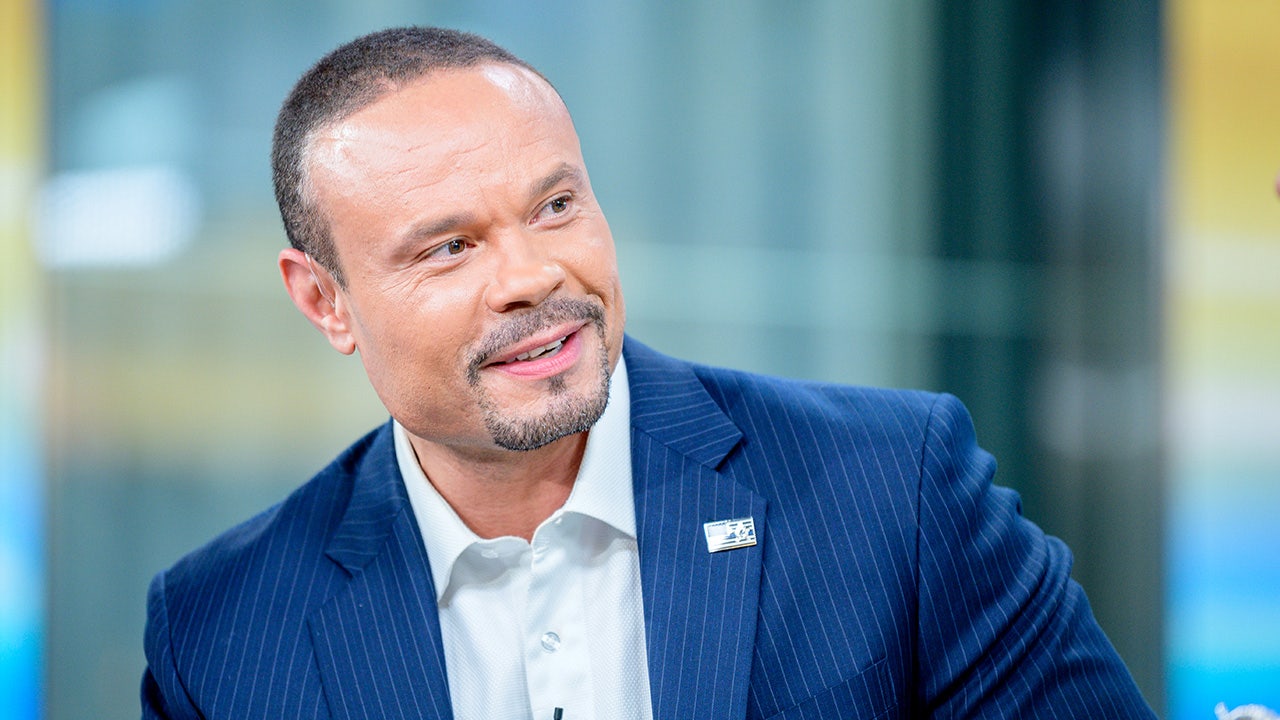“Civilians pay the highest price in this war,” Denise Brown said in statement. “We must not allow this to be normalized. International humanitarian law must be respected, and civilians and civilian infrastructure must be protected at all times.”
According to the UN Office for the Coordination of Humanitarian Affairs (OCHA), increasing attacks in the Donetsk and Sumy regions over the past two days killed and injured many civilians and damaged infrastructure.
The attacks also heightened the needs of about 60,000 people in vulnerable communities, and mass casualties have affected people in the towns of Myrnohrad, Pokrovsk and Toretsk.
OCHA said aid workers continue to provide food, hygiene supplies, school materials, cash assistance, and legal and psychological support to affected civilians in the Donetsk region.
Developments in Russia
Meanwhile, the International Atomic Energy Agency (IAEA) ia monitoring reported military activities taking place in the vicinity of the Kursk Nuclear Power Plant in Russia.
Ukrainian troops launched an incursion into the Kursk region, international media reported this week.
IAEA Director-General Rafael Mariano Grossi reminded all parties of the seven indispensable pillars to ensure nuclear safety and security during an armed conflict.
He called on all sides “to exercise maximum restraint in order to avoid a nuclear accident with the potential for serious radiological consequences.”
Finalization of new cybercrime treaty ‘a landmark step’
UN Member States have finalised a new treaty targeting cybercrime, the UN Office on Drugs and Crime (UNODC) reported on Friday.
After three years of work, the committee established by the UN General Assembly to negotiate the convention agreed on a draft text on Thursday.
The draft convention is expected to be adopted by the General Assembly later this year, thus becoming the first global legally binding instrument on cybercrime.
“The finalisation of this convention is a landmark step as the first multilateral anti-crime treaty in over 20 years and the first UN Convention against Cybercrime at a time when threats in cyberspace are growing rapidly,” said UNODC Executive Director Ghada Waly.
Safeguarding digital spaces
The achievement represents the culmination of a five-year effort by Member States, with the input of civil society, academic institutions and the private sector.
UNODC served as the substantive secretariat for the negotiations.
“We will continue to play a central role in assisting in the implementation and ratification of the convention, once adopted by the General Assembly, as well as providing technical assistance to Member States as we work with all countries and partners to safeguard digital spaces,” Ms. Waly said.
According to the draft convention, technology has created opportunities for a greater scale, speed and scope of crimes, from terrorism to drug trafficking to trafficking in persons, migrant smuggling, firearms trafficking and more.
It provides tools that will enhance international cooperation, law enforcement efforts, technical assistance and capacity building relating to cybercrime.
Human rights alarm over executions in Iran
The UN human rights office, OHCHR, voiced deep concern on Friday over reports that Iranian authorities executed at least 29 people across the country in the space of two days this week.
The Office verified that 38 people were executed in July, bringing the reported number of executions to at least 345 this year, among them 15 women, according to OHCHR spokesperson Liz Throssell.
“This represents an alarmingly high number of executions in such a short period of time,” she said.
Those executed were primarily convicted of drug related offences or murder, she added, noting that nearly half of the executions since the beginning of 2024 were for drug-related offences.
“Imposing the death penalty for offences not involving intentional killing is incompatible with international human rights norms and standards, as we have repeatedly emphasized,” she said.
Ms. Throssell also reiterated concerns over the lack of due process and fair trial standards in many of these cases, and that several executions were carried out with neither the prisoner’s family nor legal counsel being informed.
“It is time for Iran to join the growing consensus worldwide towards universal abolition, by imposing a moratorium on executions, with a view to ultimately abolishing the death penalty,” she stressed.





